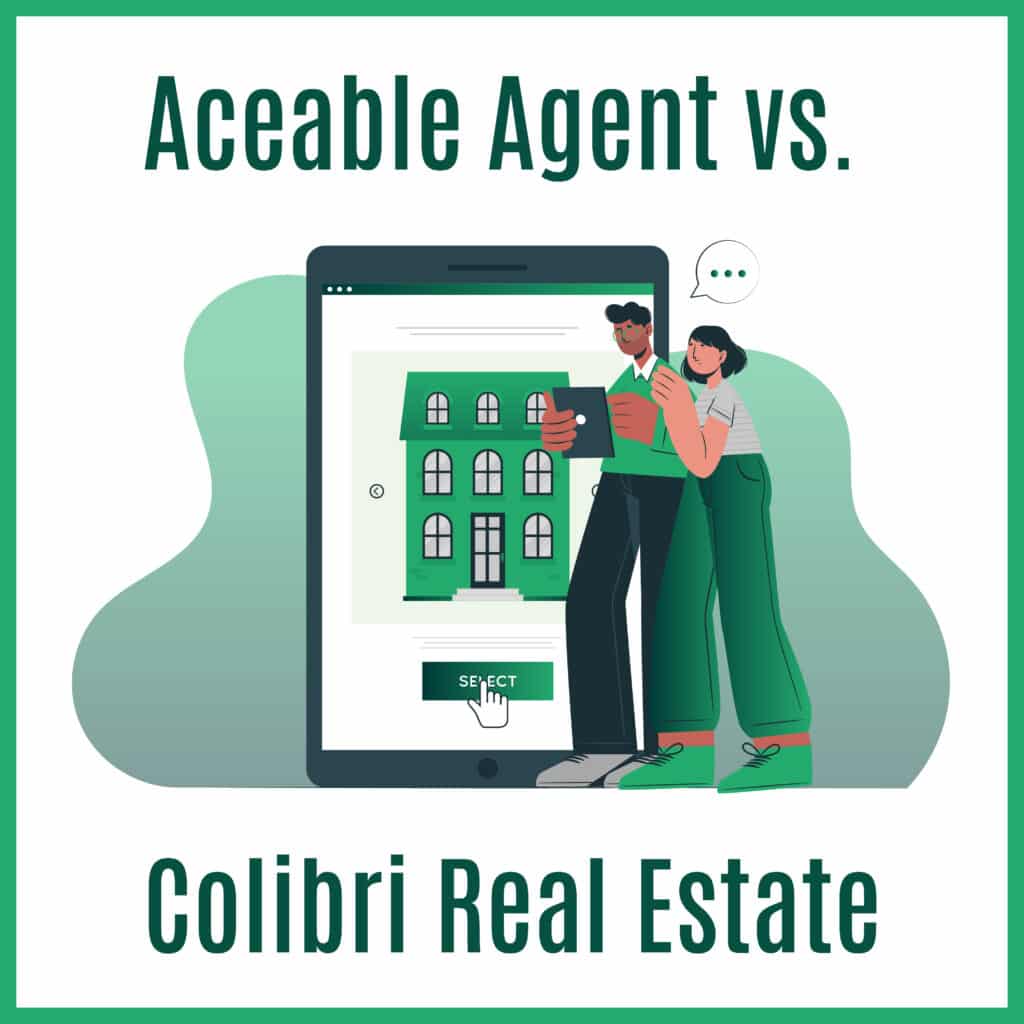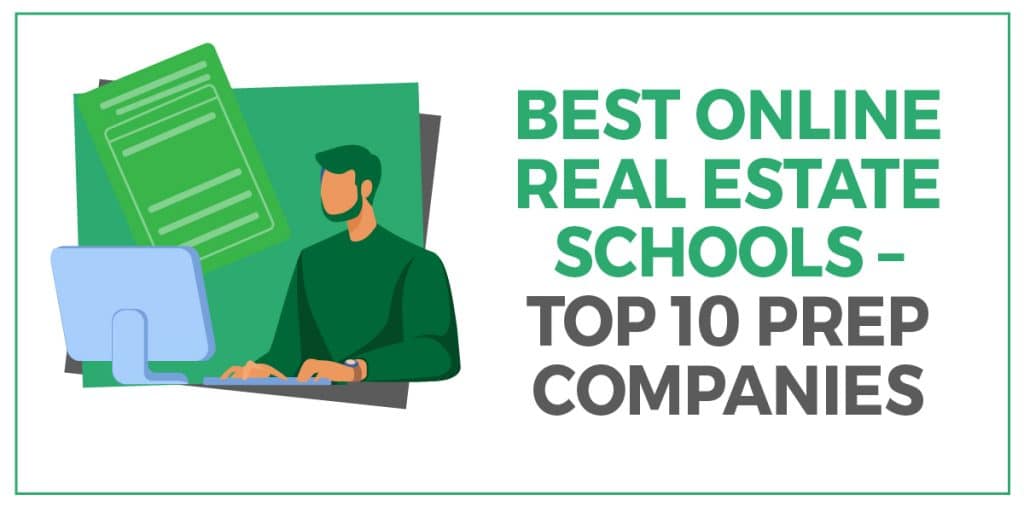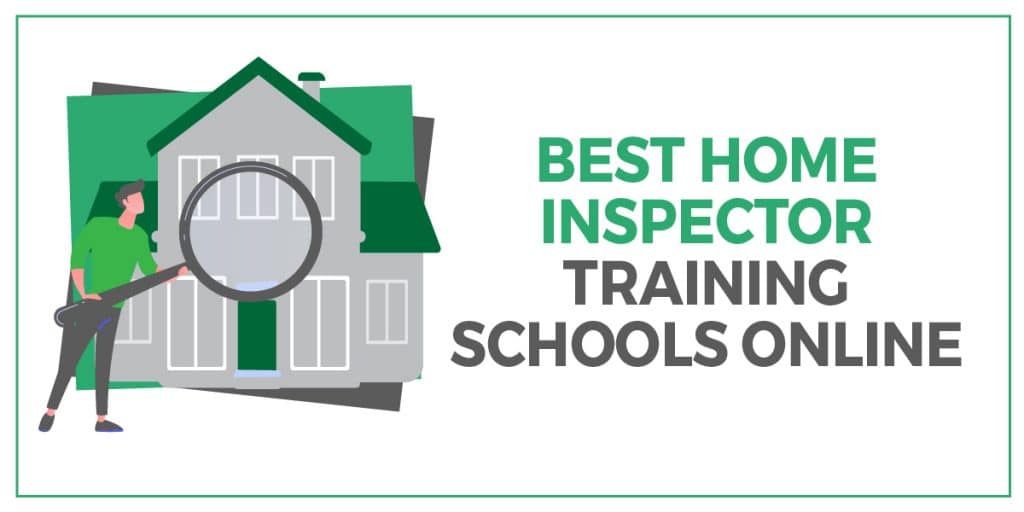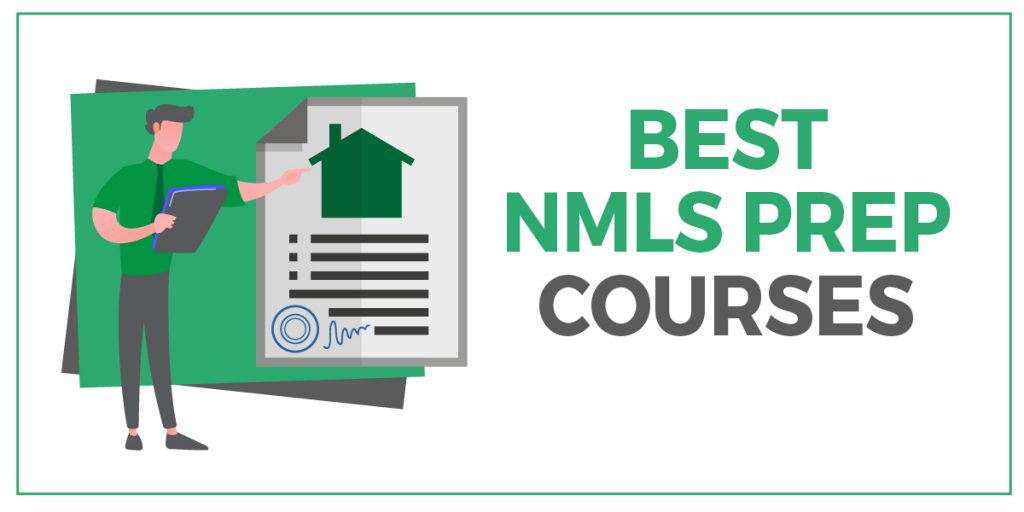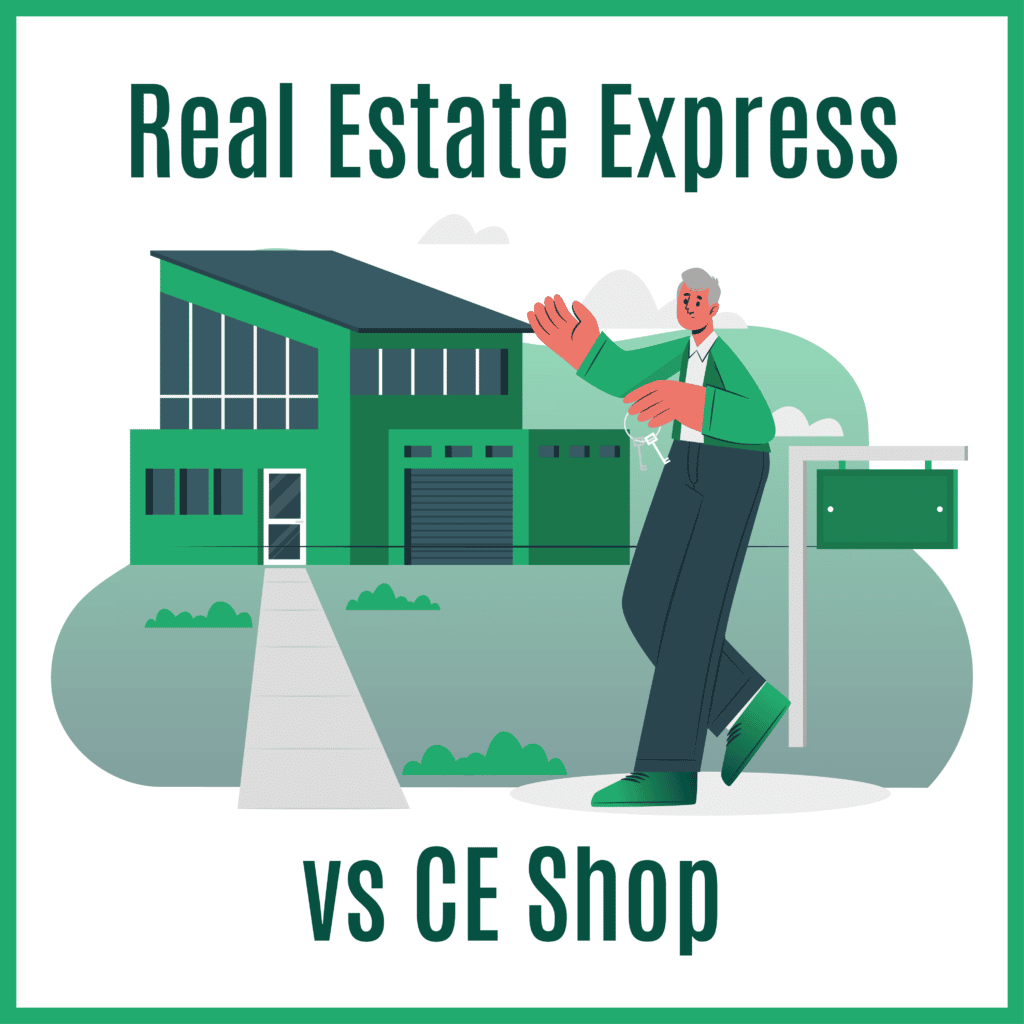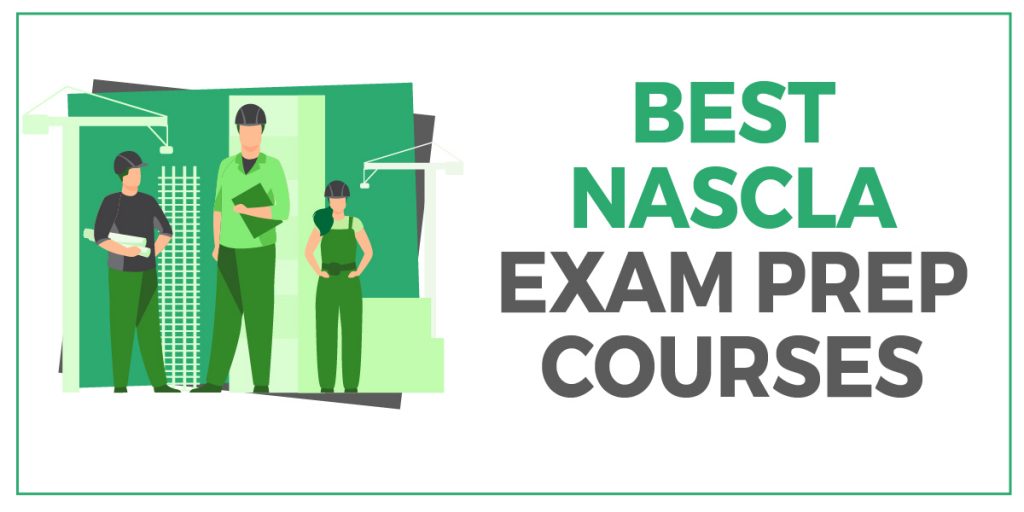Ever dreamt of a career where the average earnings hit an impressive $86,356 a year? ZipRecruiter reports that’s the annual pay for a real estate agent in the United States. Sounds tempting, doesn’t it?
But wait, there’s more to the story.
Before you start counting your commissions, consider this: becoming a real estate agent comes with its own set of costs. And I’m not just talking about the price of business cards. From licensing courses that can run around $500 to exam fees and beyond, the financial journey to your first sale is a path paved with investment.
Curious about what it takes to get there?
Well, you’re in the right place. Buckle up, because we’re about to take a deep dive into the real costs of turning that real estate dream into a reality.

Blueprint for Becoming a Real Estate Agent
Embarking on a career in real estate is an adventure that begins with a clear roadmap. Whether you’re drawn to the promise of independence or the thrill of sales, the journey from enthusiast to licensed agent is marked by key milestones. Here’s a streamlined guide outlining the essential steps you’ll need to navigate as you lay the foundation for a successful real estate career.
- Pre-licensing Education – Enroll and complete the required real estate courses.
- Licensing Exam – Study for and pass the state real estate exam.
- License Application – Submit your application and background check, and pay the associated fees.
- Broker Affiliation – Find a sponsoring broker to start your practice.
- Professional Memberships – Join real estate associations for networking and credibility.
Real Estate License Costs by State
Unfortunately, it’s hard to come up with a firm number for this. That’s because there are a wide variety of charges associated with the licensure process; they can vary widely from state to state, and even from one market to another.
Generally speaking, you’ll find that in larger markets with higher earning potential, the costs associated with practicing real estate are higher as well.
Here’s a chart that estimates the cost range for obtaining a real estate license in each state, considering only the licensing fees, which typically include the application, examination, and initial licensing fees.
| State | License Cost Range |
|---|---|
| Alabama | $210 – $280 |
| Alaska | $230 – $370 |
| Arizona | $125 – $250 |
| Arkansas | $50 – $150 |
| California | $245 – $395 |
| Colorado | $200 – $300 |
| Connecticut | $285 – $450 |
| Delaware | $134 – $274 |
| Florida | $83.75 – $105 |
| Georgia | $170 – $340 |
| Hawaii | $385 – $545 |
| Idaho | $160 – $260 |
| Illinois | $125 – $250 |
| Indiana | $60 – $200 |
| Iowa | $125 – $200 |
| Kansas | $15 – $125 |
| Kentucky | $130 – $250 |
| Louisiana | $90 – $120 |
| Maine | $121 – $300 |
| Maryland | $190 – $290 |
| Massachusetts | $103 – $150 |
| Michigan | $88 – $143 |
| Minnesota | $100 – $205 |
| Mississippi | $120 – $250 |
| Missouri | $50 – $150 |
| Montana | $185 – $250 |
| Nebraska | $135 – $225 |
| Nevada | $125 – $300 |
| New Hampshire | $90 – $110 |
| New Jersey | $160 – $270 |
| New Mexico | $270 – $370 |
| New York | $50 – $155 |
| North Carolina | $91 – $170 |
| North Dakota | $225 – $325 |
| Ohio | $81 – $135 |
| Oklahoma | $75 – $225 |
| Oregon | $230 – $300 |
| Pennsylvania | $97 – $200 |
| Rhode Island | $70 – $140 |
| South Carolina | $25 – $250 |
| South Dakota | $225 – $300 |
| Tennessee | $110 – $210 |
| Texas | $205 – $305 |
| Utah | $152 – $207 |
| Vermont | $50 – $150 |
| Virginia | $170 – $210 |
| Washington | $146.25 – $245 |
| West Virginia | $75 – $150 |
| Wisconsin | $75 – $135 |
| Wyoming | $300 – $400 |
Pre License Real Estate Courses Costs by State
In order to learn the skills you’ll need to become a real estate professional, you’ll start with a real estate license training course. Here’s where you’ll see a great deal of variability in costs— from a few hundred dollars to $500 or more. That’s because there are so many different ways of learning the material; from self-guided, at-home courses to classroom experiences taught by accomplished real estate agents and brokers.
While prices will vary from state and the course you choose, here are our top online real estate courses and their estimated price range.
| Course Provider | Estimated Price Range |
|---|---|
| Colibri Real Estate | $100 – $600 |
| Aceable Agent | $120 – $500 |
| The CE Shop | $80 – $450 |
| Prep Agent | $60 – $200 |
| CompuCram | $50 – $150 |
| Aypo Real Estate | $100 – $300 |
| OnlineEd Real Estate | $150 – $400 |
| Kaplan Real Estate | $200 – $700 |
| Real Estate Exam Scholar | $30 – $100 |
| VanEd Real Estate | $150 – $500 |
| Mbition Real Estate | $130 – $400 |
The main thing to keep in mind is to know yourself. If you’re a self-starter who has a fair amount of basic knowledge about real estate, you may be able to get the information you need (and save a little money) through a self-taught class. If you need more guidance or haven’t taken an exam in decades, you may feel better with a guided licensing course.
One other variable to keep in mind: check to see if the course you choose offers ongoing continuing education. As a real estate agent, you’ll need to take classes every year or two so that you can keep your real estate license up-to-date. Some course providers will give you your continuing education material at no or low cost when you obtain your initial real estate education through them.
Real Estate License Application Fees: State-by-State Guide
Securing your real estate license involves several costs that go beyond just the educational aspect. The application process encompasses the exam fee, fingerprinting costs, and the license fee itself. Depending on your state, these can add up to a range between $50 to $500 or more. It’s crucial to be aware that if you don’t pass the exam on your first attempt, there will be additional costs for each retake, which underscores the importance of being well-prepared for the exam.
Now, let’s break down the estimated range of real estate application fees for each state. This will cover the costs associated with the application and exam but does not include pre-licensing education or other incidental expenses.
| State | Application Fee Range |
|---|---|
| Alabama | $210 – $250 |
| Alaska | $230 – $370 |
| Arizona | $125 – $250 |
| Arkansas | $50 – $150 |
| California | $245 – $395 |
| Colorado | $200 – $300 |
| Connecticut | $285 – $450 |
| Delaware | $134 – $274 |
| Florida | $83.75 – $105 |
| Georgia | $170 – $340 |
| Hawaii | $385 – $545 |
| Idaho | $160 – $260 |
| Illinois | $125 – $250 |
| Indiana | $60 – $200 |
| Iowa | $125 – $200 |
| Kansas | $15 – $125 |
| Kentucky | $130 – $250 |
| Louisiana | $90 – $120 |
| Maine | $121 – $300 |
| Maryland | $190 – $290 |
| Massachusetts | $103 – $150 |
| Michigan | $88 – $143 |
| Minnesota | $100 – $205 |
| Mississippi | $120 – $250 |
| Missouri | $50 – $150 |
| Montana | $185 – $250 |
| Nebraska | $135 – $225 |
| Nevada | $125 – $300 |
| New Hampshire | $90 – $110 |
| New Jersey | $160 – $270 |
| New Mexico | $270 – $370 |
| New York | $50 – $155 |
| North Carolina | $91 – $170 |
| North Dakota | $225 – $325 |
| Ohio | $81 – $135 |
| Oklahoma | $75 – $225 |
| Oregon | $230 – $300 |
| Pennsylvania | $97 – $200 |
| Rhode Island | $70 – $140 |
| South Carolina | $25 – $250 |
| South Dakota | $225 – $300 |
| Tennessee | $110 – $210 |
| Texas | $205 – $305 |
| Utah | $152 – $207 |
| Vermont | $50 – $150 |
| Virginia | $170 – $210 |
| Washington | $146.25 – $245 |
| West Virginia | $75 – $150 |
| Wisconsin | $75 – $135 |
| Wyoming | $300 – $400 |

Brokerage Onboarding Fees
In order to become a real estate agent, you have to be part of a brokerage. Different brokerages have different company cultures— some are small, independent, and nimble, while others are more formal and focused on upscale clientele.
When you join your brokerage, you’ll pay a variety of fees. These may be structured in different ways. Some brokerages charge thousands upfront; others charge a few hundred dollars upfront plus ongoing monthly fees. Other brokerages take a large percentage of your commission on every transaction in exchange for extensive professional services, while others charge only a flat transaction fee on each sale.
Here’s a concise breakdown of example brokerage onboarding fees:
- Upfront Fees: Some brokerages may charge a one-time fee upon joining, which can range from a few hundred to several thousand dollars. For example, a small independent brokerage might charge $500 upfront, covering initial setup costs.
- Commission Splits: Larger brokerages often provide more comprehensive services and may require a percentage of your commission per transaction, such as 30%, in exchange for marketing support and office space.
- Flat Transaction Fees: Alternatively, some brokerages might offer a flat fee per sale, which could be around $300 per transaction, appealing for its predictability.
- Mentorship Programs: For newcomers, mentorship can be crucial. This might mean an additional fee or a higher commission split, but the investment can lead to valuable learning and faster career progression.
If you’re just starting out and don’t have much experience, you may want to consider a mentoring program within your brokerage. That, too, will take a chunk out of your commission. It’s a good idea to talk to at least three different brokerages to find out what they provide and how they structure their fees before you make your decision about where to hang your license.
It’s essential to interview with multiple brokerages to understand their fee structures and services. For instance, an agent on Indeed shares that their brokerage has a cap on the commission split, which decreases the brokerage’s take once an agent hits a certain earnings threshold, illustrating the importance of understanding the long-term financial implications of your brokerage’s fee structure.
Real Estate Professional Organization Membership Costs
As a real estate agent, joining professional organizations is not just about fulfilling a requirement; it’s about being part of a community that upholds professional standards and provides access to essential resources. Membership typically involves the National Association of REALTORS® (NAR), your state association, and your local association.
For 2023, NAR membership dues are set at $150 per member, according to the official NAR website. This fee supports a range of services that benefit real estate professionals, including advocacy efforts, educational programs, and market research.
In addition to NAR dues, state and local associations have their own fees, which can vary. Some regions offer bundled memberships, simplifying the payment process. While costs can fluctuate, a combined annual total for all three memberships is often around $800, but this figure can differ based on location and the specific services provided by the associations.
Multiple Listing Service (MLS) and Electronic Lock Fees
To actively list and show properties, membership in a local MLS and an electronic lockbox service, such as Sentrilock, is essential. These memberships may be included in your professional organization fees in some areas, or they might be billed separately, often on a monthly or quarterly basis.
The choice of MLS can be influenced by the market you serve. Larger markets might offer multiple MLS options, each with its own fee structure, providing some flexibility in terms of costs. However, if your business spans multiple markets, you may need to budget for fees from several MLS networks.
For example, MLS fees can range from $20 to $50 per month, and electronic lockbox services might cost an additional $100 to $200 annually, though these prices can vary widely by region.
By staying informed about the latest fee structures and what they entail, you can better manage your budget and ensure you’re investing in memberships that offer the most value for your real estate practice.
Real-Life Testimonials of How Much It Cost to Become a Real Estate Agent
Here are firsthand accounts from individuals who have navigated the journey to becoming real estate agents, sharing the financial investments they made along the way. These testimonials reveal a range of costs from as low as $1,000 to over $3,000, highlighting the diverse experiences and expenses encountered in different markets and situations.
- “At the very start, just to get licensed and into the MLS/NAR, etc. Probably around $2-3k.” – Reddit user
- “Bout 3k just to operate legally for the first year. Countless hours and memberships… Then you can START becoming a realtor.” – Reddit user
- “$2500 for licensing courses, Test admin costs, fingerprinting, and board dues.” – Reddit user
- “15k my first year. Courses were 4k, registration was 3k, dues were 2k. Then monthly fees (still ongoing) between 175-225/ month. Insurance is $500 year. Signs, software, equipment etc.” – Reddit user
- “The school and licensing and first time MLS fees are probably around $1k. Then you will need signs, cards, lock boxes, start up fees at your brokerage, and that kind of stuff. That’s probably another $1k ish depending on what you work out with the brokerage. Then you will really benefit by having a few grand in the bank for starter ads, be it Zillow, Facebook, postcards or whatever. Getting started I’d recommend having $2k aside from living expenses if you think you can make it off FSBOS and open houses. $4-6k if you want to try to make it with some ad money.” – Reddit user
- “NYC $189 online course, $15 take exam, $55 license and insurance and other fees for 1 year $2000. ( $2000 broker pays up front you pay 167 a month)No other fees or advertising etc broker handles those.” – Reddit user
Final Verdict on How Much it Costs to Become a Real Estate Agent
As you can see, prices will vary from state to state with ranges from very low to a few hundred dollars. So here’s a breakdown of the lowest and highest potential cost ranges based on the above numbers. These numbers exclude brokerage fees, as they can vary widely and are not always required upfront.
- Lowest Potential Total Cost: $25 (lowest state license cost) + $30 (cheapest pre-license course) + $50 (lowest application fee) + $150 (NAR dues) + $20/month (MLS fees) + $100 (electronic lockbox service) = $375
- Highest Potential Total Cost: $545 (highest state license cost) + $700 (most expensive pre-license course) + $500 (highest application fee) + $800 (combined professional memberships) + $50/month (MLS fees) + $200 (electronic lockbox service) = $2,795
Conclusion: Navigating the Financial Cost to Real Estate Success
Embarking on a career in real estate is not just about passing the exam and getting a license; it’s about investing in a professional future. The costs associated with becoming a real estate agent—ranging from educational fees to marketing and brokerage expenses—are the foundational steps towards building a successful career. While these costs may seem daunting at first, they are the seeds from which a fruitful career can grow. With a clear understanding of these investments and a strategic approach to managing them, aspiring agents can set themselves up for a prosperous and rewarding journey in the world of real estate.
Costs can range from a few hundred dollars to just under a thousand, depending on the state and the type of course.
The cost for the licensing exam itself typically ranges from around $85 to $200, varying by state.
Post-exam, expect to cover the cost of fingerprinting, background checks, and the license application, which can total an additional $100 to $300.
Annual membership fees for organizations like the National Association of REALTORS® and local real estate boards can total around $800, though this can vary based on your location.
Brokerage onboarding fees can range from a few hundred dollars to several thousand, with some brokerages also charging monthly desk fees or taking a percentage of commissions.
Continuing education is an ongoing expense, with costs that can vary from $50 to $300 annually, depending on state requirements and the courses selected.
Yes, Errors and Omissions (E&O) insurance is essential, with annual premiums typically ranging from a few hundred to over a thousand dollars.
Beyond initial fees, agents should budget for daily operational costs such as office supplies, client meeting expenses, and transportation, which can vary widely based on individual business practices.
The average starting salary for a real estate agent in the United States ranges from approximately $28,270 to $102,170 per year, with new agents typically earning between $86,356 and $94,586 annually, depending on various factors such as location and individual performance. See our breakdown of average salaries for real estate agents from state to state.


